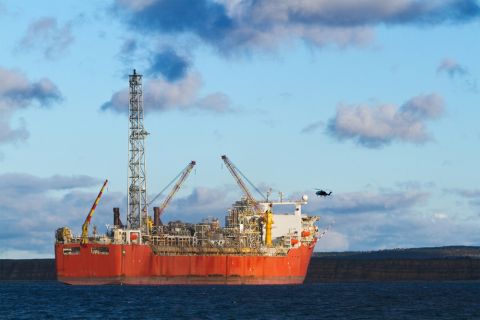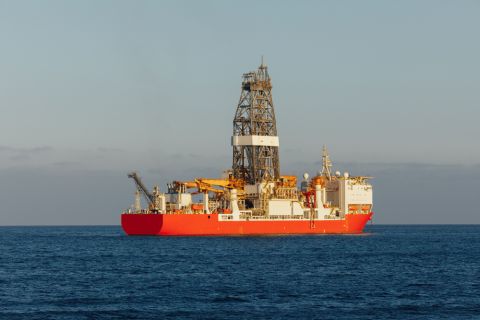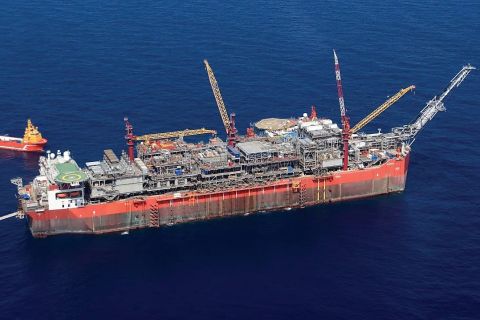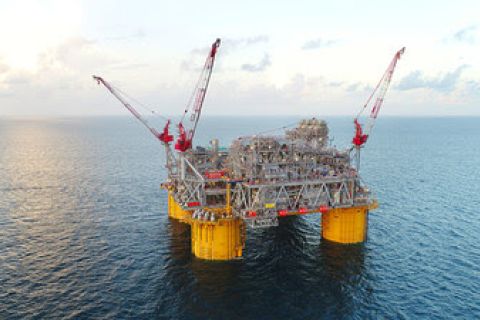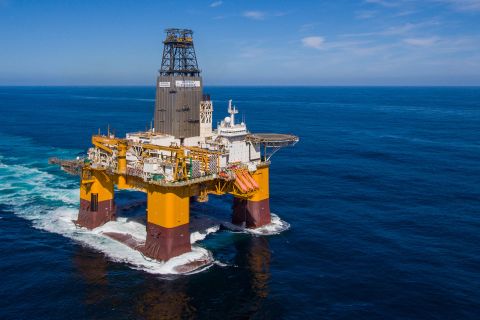[Editor's note: This story first appeared on HartEnergy.com on Feb. 27, 2020. A version of the story appears in the April 2020 edition of Oil and Gas Investor. Subscribe to the magazine here.]
In February the oil patch lost one of the last great, colorful wildcatters, another of the legendary oilmen known simply by their first name: Claytie.
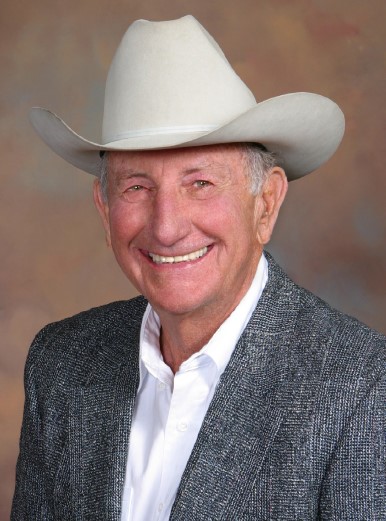
—Clayton Williams
Words can hardly capture the many business and philanthropic achievements—some would say adventures—of Clayton W. Williams Jr. The founder, former chairman and president of Clayton Williams Energy Inc., passed away in Midland, Texas, at age 88, prompting an outpouring of tributes from Texas oil and gas, business and political leaders. During his 62-year career, he was a strong voice for Midland, for his beloved Texas A&M University, for the energy industry and free enterprise.
In 2018, Hart Energy presented him its Energy Industry Leadership Award. Commenting on his humble beginnings, his great business success and subsequent world travels, Williams declared the U.S. to be the best nation in the world because it provided the most freedom. He supported numerous E&P organizations as an advocate of American-produced energy.
At Williams’ funeral, former Texas Gov. and former U.S. Energy Secretary Rick Perry delivered the eulogy, calling him “one of the grandest people I ever met.” Speaking to the Midland Reporter-Telegram, Concho Resources Inc.’s chairman and CEO, Tim Leach, called Williams a mentor, legend and true wildcatter. “His enthusiasm was limitless, and he was a tireless supporter of our community and Texas A&M. He had a big vision, and he challenged me to be involved and give back to our community.”
Williams never stood still—he founded some 26 companies through the years, eight of them in the oil and gas sector. Well-known for wildcat drilling throughout Texas, he also founded what was once the largest individually owned gas pipeline company in Texas, Clajon Gas Co.
The capstone of his long career was the 2017 sale of publicly held Clayton Williams Energy Inc. (CWEI) to Noble Energy Inc. for cash and stock valued at $2.7 billion ($665 million in cash). The sale was his largest and last great deal among many he forged over the years. At the time, CWEI held 171,000 net Permian Basin acres and produced 10,000 barrels of oil equivalent per day, primarily in the Delaware Basin. The deal brought to Noble 2,400 Wolfcamp drilling locations.
Williams was known for his zest for life. An award-winning, big-game hunter, he took trips to exotic places around the world with his wife, Modesta. He hosted legendary parties at his annual Brangus cattle auction, which attracted ranchers from all over the U.S. At one time he owned 10 ranches in Texas and Wyoming and ran 7,000 head of cattle. A big outdoorsman, he founded the Chihuahuan Desert Research Institute.
He loved to party and was known for his humor. Once when about to testify about the woes of the oil business and over-regulation during an industry downturn, he arrived at the Texas state capitol building on a stretcher, accompanied by nurses, to dramatize his point. When he needed to clear land at an old drive-in theatre in Midland in order to build ClayDesta office park, he brought in some of his cowhands on horseback to help tear down the old movie screen.
A lifelong resident of West Texas, Williams’ story began in Pecos County, where he was born. His father graduated from Texas A&M University in 1915; Claytie followed, majoring in animal husbandry and graduating in 1954. A lifelong, passionate A&M supporter, he was named a Distinguished Alumnus in 1981, and the school’s alumni center is named for him—he donated millions to the school.
Williams shared his expertise and passion for action by teaching entrepreneurship at A&M’s College of Business Administration and received the Dean’s Service Award for Teaching Excellence. He further showed his love for A&M with his tuxedo and corporate airplane both Aggie maroon.
Following service in the U.S. Army, Williams began his career as a lease broker and independent producer in the Permian Basin in 1957. Over the decades he made his mark, amassing a significant lease position across Texas. He founded companies in the upstream, midstream, banking, digital long distance telecom and real estate development industries.
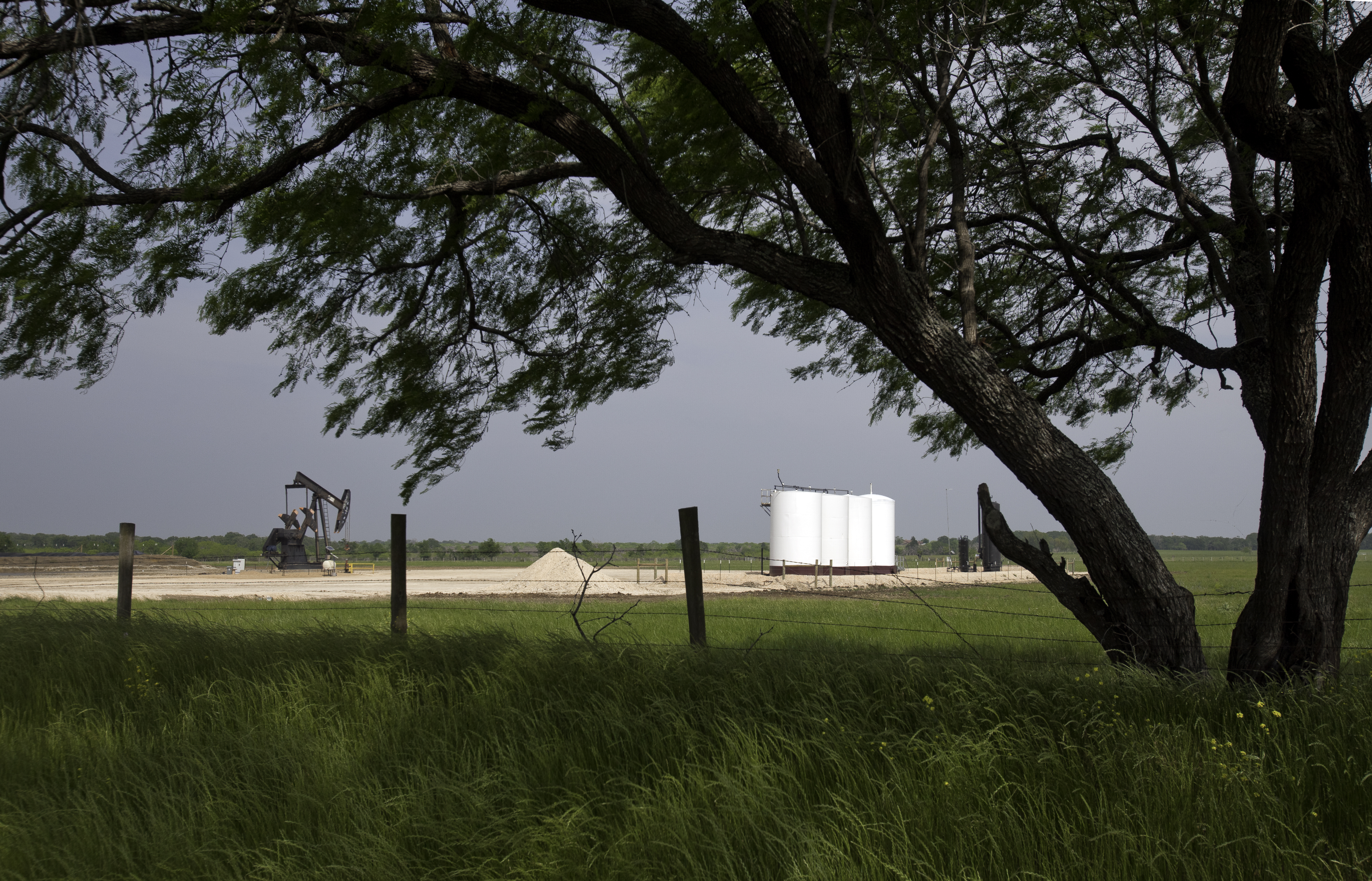
In the 1960s and 1970s, Williams was one of the top natural gas wildcatters in Texas, and he was recognized for developing many of the first ultra-deep gas plays in far West Texas. In 1975, his Gataga No. 2 in remote Loving County came in, the biggest find of his career. This well flowed 30 million cubic feet a day once it had been brought under control, after erupting with much more gas than that and being out of control for several days. His company was also an early driller in Giddings Field and the Austin Chalk of central Texas, and in 1979, he donated overriding royalty interests in Giddings to Texas A&M.
Through the years, he endured every cycle of the oil and gas industry, from highest highs to lowest lows. At one point he was named the first Aggie billionaire, and in 1984, he landed on the Forbes 400 list of wealthiest Americans. In his 2007 biography, “Claytie,” Williams said he resembled Christopher Columbus: He used other people’s money but never knew where he was going or where he was once he got there. In the book, he recounted the lessons learned through his many business ventures and misadventures.
At a low point in 1991, Williams was about to file for bankruptcy protection, but at the last minute, during a flight to meet with his bankers, he changed his mind, vowing to work doubly hard to pay off all his creditors. He did, by negotiating with the banks and selling many of his assets.
“It’s not how many times you get knocked down. It’s how many times you get back up. I’m a scrapper,” he said.
In 1993, he took his company public on NASDAQ, having rebounded from the near disaster.
His most unsuccessful, yet most publicized, effort came when he ventured into politics, running for governor of Texas in 1990 as a Republican. For much of the campaign he led in the polls, but at the last minute he was defeated by Ann Richards after he made some regrettable “locker room” comments when reporters were present and also admitted he had paid no income taxes in 1986—but it was because he was in the midst of the worst oil industry downturn at the time.
The energetic entrepreneur received many business and oil industry accolades. He was inducted into the All-American Wildcatters Association, and in 2005, the Permian Basin Petroleum Museum Hall of Fame. In 2002, he was the honoree at the Permian Basin International Oil Show.
In November 2019, he and his wife were honored as outstanding philanthropists during an event in Midland to mark National Philanthropist Day.
Through the numerous ups and downs of a wide-ranging career, he has remained one of the most enthusiastic and successful entrepreneurs ever to rise out of West Texas. Williams is survived by his wife, Modesta, their five children, nine grandchildren and five great-grandchildren.
Recommended Reading
TotalEnergies Starts Production at Akpo West Offshore Nigeria
2024-02-07 - Subsea tieback expected to add 14,000 bbl/d of condensate by mid-year, and up to 4 MMcm/d of gas by 2028.
Seadrill Awarded $97.5 Million in Drillship Contracts
2024-01-30 - Seadrill will also resume management services for its West Auriga drillship earlier than anticipated.
Remotely Controlled Well Completion Carried Out at SNEPCo’s Bonga Field
2024-02-27 - Optime Subsea, which supplied the operation’s remotely operated controls system, says its technology reduces equipment from transportation lists and reduces operation time.
Shell Brings Deepwater Rydberg Subsea Tieback Onstream
2024-02-23 - The two-well Gulf of Mexico development will send 16,000 boe/d at peak rates to the Appomattox production semisubmersible.
Less Heisenberg Uncertainty with Appraisal Wells
2024-03-21 - Equinor proves Heisenberg in the North Sea holds 25 MMboe to 56 MMboe, and studies are underway for a potential fast-track tieback development.

